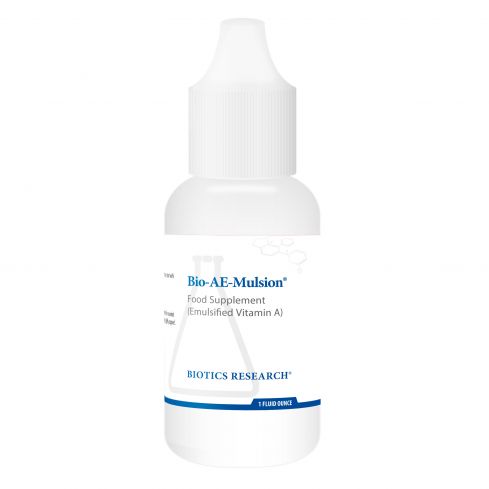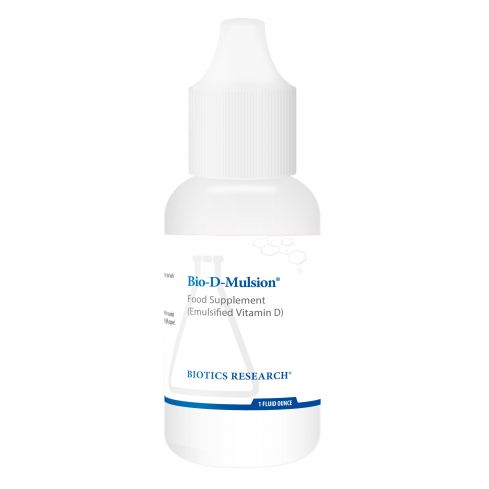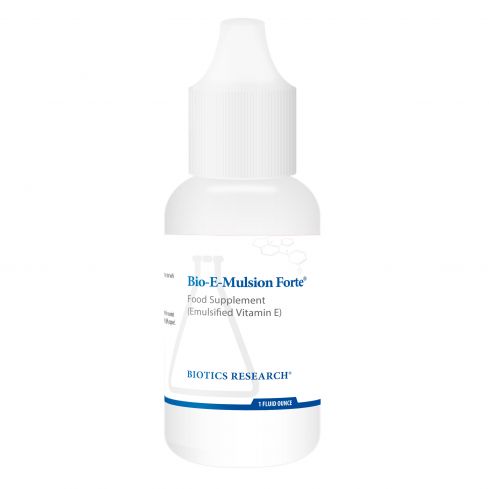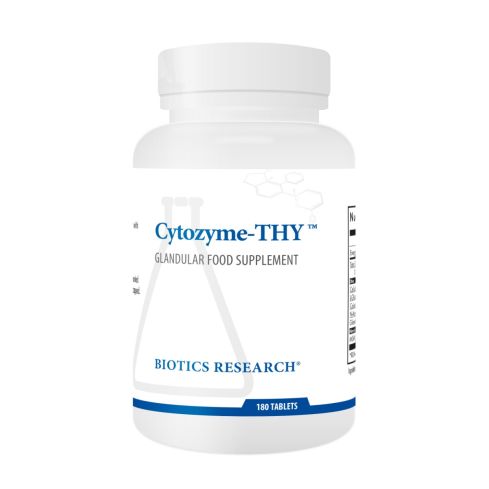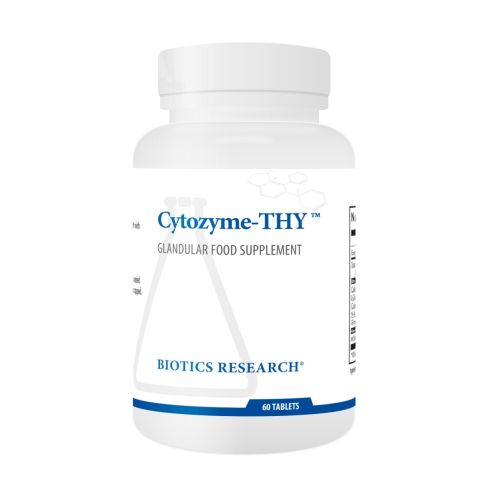- Home
- Products
- Categories
- Children
Children
Children are vulnerable to certain illnesses and infections for several reasons. First, children do not have fully developed immune systems until they are about 7-8 years old. Because the immune system helps the body fight against diseases and infections, children have an increased risk of developing conditions, such as whooping cough, diarrhoea, ear infections, and chickenpox, croup, and food allergies, compared to adults. In particular, the mucosal immune system is vulnerable to infection and failure to mature this aspect of our immunity leads to a failure in appropriate immunological tolerance.
Another reason children may develop illnesses is because they are frequently exposed to germs. Young children are not as aware or diligent about proper hygiene as adults. Children may wipe their noses with their hands and then play with toys shared with other children. When children are at daycare or school, they are exposed to an exceptionally wide range of germs, and it is easy to spread infections among friends or classmates. Whilst this helps provide appropriate immune maturation it can also lead to continued immunoactivation, constant illness and failure to thrive. Ensuring optimal immunonutrition is a safe and effective way to ensure the best immune capacity.
Research suggests that babies who are breastfed are less likely to develop infections (especially lung infections, ear infections, and diarrhoea) during their first year of life compared to babies who are fed formulas. This is because the mother’s breast milk contains important antibodies, enzymes, fats, and proteins that help boost the baby’s immune system. Although baby formulas contain all the important vitamins and nutrients a growing baby needs, manufacturers have not been able to replicate all of the components in breast milk. Formulas lack the antibodies found in breast milk, and they are more difficult for newborns to digest.
Many other factors, such as inherited disorders (such as immune system deficiencies) and the home environment, may contribute to childhood illnesses. For instance, children who are exposed to cigarette smoke in the home have an increased risk of developing infections.
Because diseases and infections are often more severe in children than adults, it is important that children be taken to their doctors or primary Healthcare giver when symptoms develop and progress.
Treatment for childhood illnesses varies depending on the specific child. Since children are smaller than adults and their bodies are still developing, they do not usually receive the same treatments. They may require different doses or different types of supplements or medicines. It is important that parents and caregivers carefully read the labels of medications to make sure they are safe before giving them to their children. For instance, aspirin is safe in adults, but it should not be given to children because it may cause serious side effects, including Reye’s syndrome, a life-threatening condition that causes brain inflammation and vomiting.
When a child is sick, parents are encouraged to have the child stay at home instead rather than attend school or daycare. This helps prevent the sick child from spreading his/her illness to other children. Although individual facilities each have their own rules, most require children to stay at home if they have a fever that is higher than 100 degrees Fahrenheit, are vomiting, or have diarrhoea. Some facilities also require children with bacterial infections, such as pinkeye or strep throat, to stay at home for the first 24 hours of antibiotic therapy. Once medicine has been started, the infections are less likely to be contagious.
Many steps can be taken to decrease the risk of childhood illnesses. For instance, children should regularly wash their hands with soap and warm water. This is especially important after using the bathroom, before eating food, and after touching objects that may contain disease-causing germs. Avoiding close contact with people who have contagious illnesses may also help reduce the risk of contracting infections. Since keeping children fed with a diet rich in micronutrients for growth and health can be difficult, the use of specially designed fatty acids, multinutrients and beneficial ‘probiotic’ bacteria can all be included to ensure essential food components are consumed everyday.
Whilst there are significant benefits for children to have regular exposure to infectious agents and to experience different good and bad germs, care must be taken to ensure that fever and other symptoms are carefully observed to prevent any unnecessary risk of future problems.
Caution:
Iron – Be careful to avoid adding extra iron to children’s diet as iron can cause accidental poisoning, if in doubt check with your Healthcare provider.
Why is supplementing for Children important?
At Nutri-Link, we understand the importance of supporting your child's health and overall wellbeing. Our range of children's support products provides an excellent source of key vitamins and minerals to help keep your little one in optimum health. Whether your child is still a toddler or heading off to school, our range of immune support supplements can help to boost their immunity and ensure they stay strong and healthy all year round.
Immune support supplements are essential for providing your child with the key nutrients they need to keep viruses at bay. Our selection includes vitamins, minerals, and other ingredients which work together to create a comprehensive immune boosting formula that can help your little one avoid getting sick.
At Nutri-Link, we know how important it is for parents to have access to the best quality children's support products available; that is why all of our products are sourced from trusted suppliers who use only natural ingredients in their formulations. So if you're looking for ways to ensure your child stays healthy all year round, look no further than Nutri-Link's range of specialist children's support products!
References
- Abraham B, Sellin JH. Drug-induced diarrhea. Curr Gastroenterol Rep. 2007 Oct;9(5):365-72. View Abstract
- American Academy of Pediatrics (AAP). aap.org. Accessed February 20, 2008.
- Blakley B W, Blakley J E. Smoking and middle ear disease: are they related? A review article. Otolaryngol Head Neck Surg 1995 Mar;112(3):441-6. View Abstract
- Philippe A Eigenmann. The spectrum of cow’s milk allergy. Pediatr Allergy Immunol 2007 May;18(3):265-71. View Abstract
- Ilicali OC, Keleş N, Değer K, Savaş I. Relationship of passive cigarette smoking to otitis media. Arch Otolaryngol Head Neck Surg. 1999 Jul;125(7):758-62. View Abstract
- Sichert-Hellert W, Wenz G, Kersting M. Vitamin intakes from supplements and fortified food in German children and adolescents: results from the DONALD study. J Nutr. 2006 May;136(5):1329-33 View Abstract
- Ames BN. Supplements and tuning up metabolism. J Nutr. 2004 Nov;134(11):3164S-3168S. View Abstract.
- 3 items
- 7 items
- 10 items
- 7 items
- 3 items
- 1 item
- 1 item
- 11 items
- 13 items
- 6 items
- 1 item
- 13 items
- 10 items
- 9 items
- 8 items
- 24 items
- 24 items
- 4 items
- 4 items
- 14 items
- 14 items
- 4 items
- 23 items
- 4 items
- 5 items






